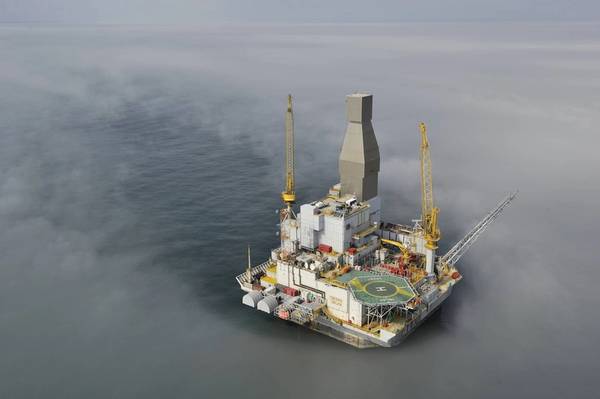
ExxonMobil on Tuesday said it would exit Russia oil and gas operations that it has valued at more than $4 billion and halt new investment as a result of Moscow's invasion of Ukraine.
The decision will see Exxon pull out of managing large oil and gas production facilities on Sakhalin Island in Russia's Far East, and puts the fate of a proposed multi-billion-dollar liquefied natural gas (LNG) facility there in doubt.
"We deplore Russia's military action that violates the territorial integrity of Ukraine and endangers its people," the company said in a statement critical of the intensifying military attacks.
Its planned exit follows dozens of other Western companies ranging from Apple, and Boeing, to BP, Shell, and Norway's Equinor ASA that have halted business or announced plans to abandon their Russia operations.
Exxon, which is scheduled to meet with Wall Street analysts on Wednesday, did not provide a timetable for its exit, nor comment on potential asset writedowns. Its Russia assets were valued at $4.055 billion in its latest annual report, filed in February.
Earlier, Exxon began removing U.S. employees from Russia, two people familiar with the matter said. The number of staff being evacuated was unclear. The company sent a plane to Sakhalin Island to retrieve staff, one of the people said.
Exxon operates three large offshore oil and gas fields with operations based on Sakhalin Island on behalf of a consortium of Japanese, Indian and Russian companies that included Russia's Rosneft ROSN.MM. The group had been advancing plans to add an LNG export terminal at the site.
"Exxon's Russian business is relatively small in the context of its wider enterprise, so it does not have the same significance as it has to BP or TotalEnergies, if it were to abandon its Russian assets," said Anish Kapadia, a director at energy and mining researcher Pallissy Advisors.
The company, which has been developing its Russian oil and gas fields since 1995, had come under pressure to cut its ties with Russia over Moscow's invasion of Ukraine. Russia calls its actions in Ukraine a "special operation."
The Sakhalin facilities, which Exxon has operated since production began in 2005, represents one of the largest single direct investments in Russia, according to a project description on Exxon's website. The operation recently has pumped about 220,000 barrels per day of oil.
Japan's Sakhalin Oil and Gas Development (SODECO), which owns a 30% stake in the Sakhalin-1 project, is trying to confirm details of Exxon's announcement, a spokesperson said, adding that it will keep an eye on the Russia-Ukraine situation and decide what to do in the future.
State-backed oil producer Japan Petroleum Exploration Co (Japex) 1662.T, which owns 15.285% in SODECO, is also checking details of Exxon's announcement and will talk to its partners to decide a future plan, a Japex spokesperson said.
(Reporting by Sabrina Valle; Additional reporting by Gary McWilliams and Yuka Obayashi; Editing by Grant McCool, Kenneth Maxwell, and Richard Pullin)



